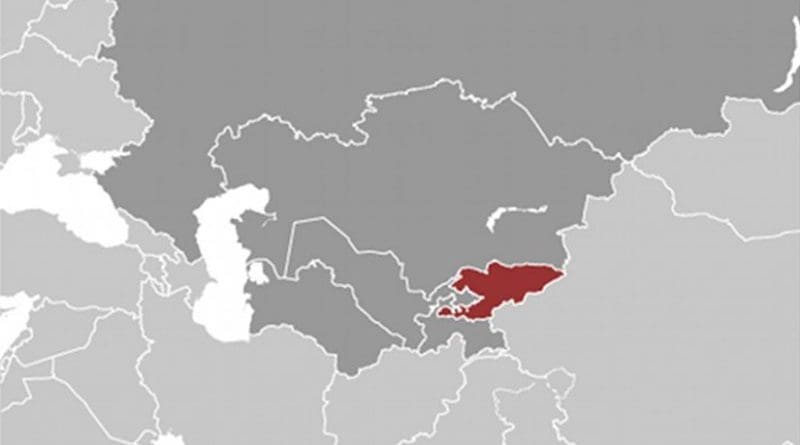Kyrgyz Youth Not Going To Russia As Gastarbeiters But To Syria As Islamic State Fighters – OpEd
By Paul Goble
The economic crisis in Russia is feeding the growth of Islamist extremism in an indirect way: young people from Kyrgyzstan who had been going to Russian cities as gastarbeiters are now going to Syria to fight for ISIS; and there is a great danger that when they return home, they will bring their new extremism with them.
In an article in today’s “Nezavisimaya gazeta,” that Moscow paper’s correspondent in Bishkek, Grigory Mikhaylov writes that “the youth of Kyrgyzstan are exchanging Russia for Syria,” a trend that is already worrisome in Syria now and likely to be in Kyrgyzstan and other Central Asian countries in the near future (ng.ru/cis/2015-12-09/7_kirgizia.html).
Officially, “more than 500 citizens of Kyrgyzstan are fighting in the Middle East,” but the actual number is likely higher. In any case, Mikhaylov says, “the number of participants is constantly growing and among the volunteers there are ever more women and children. Those migrants returning from the Russian Federation also often seek employment in other regions.”
Bishkek officials, increasingly alarmed by this pattern, have adopted “a complex of measures,” but most of those remain classified. Among those that have been reported in the media are prophylactic measures among soldiers and militiamen, strengthening of the special services, and the creation of a Center for the Study of the Religious Situation.
But many are concerned, the “Nezavisimaya gazeta” journalist says, by the fact that the authorities have not changed their rhetoric, provided support for moderate Muslim leaders, or developed the kind of expertise to identify extremism before it spreads. Instead, officials continue to blame problems on forces like “illiterate imams.”
Kadyr Malikov, a theologian, says that none of the civil or religious authorities have taken a clear position about two Kyrgyz citizens whom the authorities have identified as ISIS recruits. “The silence of the authorities shows,” he says, “that not one expert or theological can be confident that his security will be guaranteed by the state.”
Moreover, Mikhaylov continues, “a number of specialists [in Kyrgyzstan] are criticizing the leadership for a lack of flexibility and an inclination to apply harsh methods to religious activists. In the opinion of political analyst Parviz Mullodzhanov, ‘the authorities are driving representatives of moderate religious organization and radicals into one camp.”
And there, he says, “they are coming together.” To the extent that is so – and the experience of other post-Soviet states and others as well suggests that it is – the fallout from the collapse of the gastarbeiter possibilities in Russia for the rise of Islamist extremism in Central Asia are likely to be far larger than anyone currently imagines.

